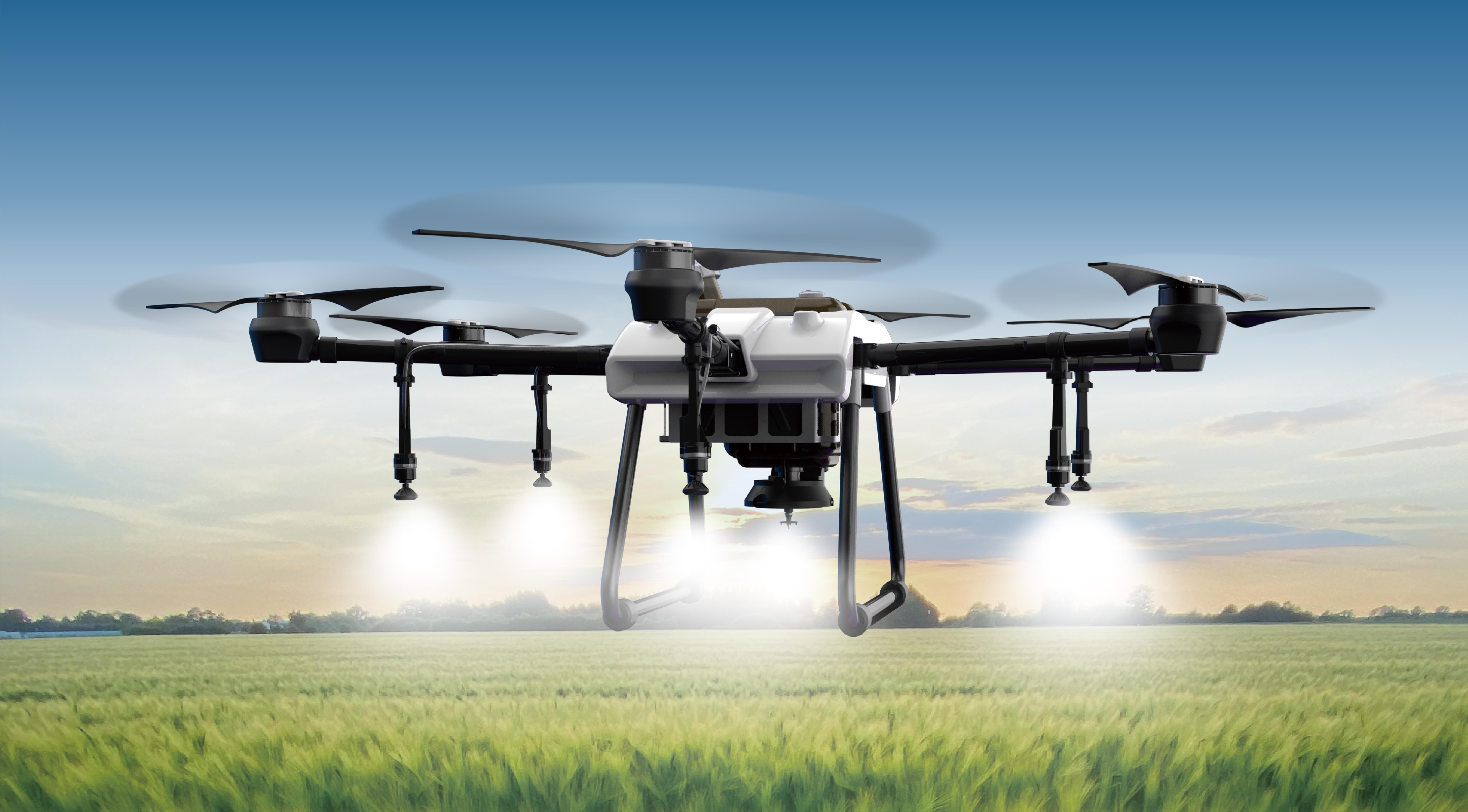In the bustling world of textile manufacturing and creative sewing alike, technology continues to weave its way into every stitch, transforming age-old traditions into modern marvels. Among these advancements, the integration of servo motor technology into sewing machines stands out as a game-changer—bringing unmatched precision, energy efficiency, and ease of use into the craft and industrial sectors.

Imagine the rhythmic hum of a sewing machine, but now picture it infused with the quiet, smooth power of a servo motor. Unlike traditional machines powered by universal motors or induction motors, servo motor machines are designed with advanced electronic control systems that regulate speed, torque, and movement with remarkable finesse. This not only elevates the sewing process but also minimizes energy consumption and reduces operational noise, making it a favorite among both hobbyists and manufacturers.
The core of this revolution lies in the motor itself. A servo motor is a type of motor that uses feedback control to maintain a specific position or speed, which is precisely what makes it ideal for sewing applications. When integrated into sewing machines, servo motors allow for unparalleled control over the sewing process. This means finer stitches, consistent tension, and the ability to handle delicate fabrics or complex designs with ease.
One of the most alluring aspects of servo motor sewing machines is their energy efficiency. Traditional motors often operate at a fixed speed, consuming a lot of power even when the machine is idle or working on lighter tasks. In contrast, servo motors dynamically adjust their power output based on the workload, engaging only as much energy as necessary. For a sewing operation that can run for long hours, this translates into significant cost savings and a greener footprint—a crucial factor for modern factories aiming for sustainability.
Furthermore, servo motor machines excel in quiet operation. The reduced noise is not only a comfort feature but also essential in environments where precision and concentration matter, like high-tech garment production or boutique tailoring. Quiet, smooth movements also mean less mechanical wear and tear over time, prolonging the lifespan of the machine and reducing maintenance costs.
Beyond efficiency and noise reduction, servo motor technology enhances the level of automation possible with sewing machines. Many models now feature programmable settings, allowing operators to store patterns or customize stitch sequences for specific projects. This applies largely to industrial systems but is increasingly common in high-end home sewing machines. These programmable features reduce human error and increase production speed, empowering seamstresses and manufacturers to scale up their output without sacrificing quality.
The adaptability of servo motor sewing machines is another standout attribute. They can swiftly transition from one stitch type to another, adjust stitch length precisely, and handle various fabric textures—from silky chiffons to thick denim—with ease. This versatility makes them invaluable in complex manufacturing lines that require rapid changeovers and meticulous attention to detail.
Importantly, the ease of control extends to the learning curve for operators. Conventional sewing machines often demand skilled handling to manage speed variations and tension control manually. With a servo motor, users can benefit from a more intuitive interface, often with digital controls that allow for smooth acceleration and deceleration. This simplifies training for newcomers and reduces fatigue for seasoned operators, fostering a more efficient and ergonomic working environment.
In essence, the integration of servo motors into sewing machines is a symbiosis of precision engineering and intelligent control. It represents a shift toward smarter, cleaner, and more responsive machinery that enhances the craft of sewing, whether in small-scale ateliers or high-volume factories. The potential for innovation doesn’t stop here; ongoing developments in servo motor technology promise even greater customization, sustainability, and productivity in the sewing industry.
As we continue to explore this fascinating intersection of mechanics and electronics, it becomes clear that servo motor machines are not just a trend but a profound evolution—refining the way we create, manufacture, and imagine textiles in the 21st century.
Established in 2005, Kpower has been dedicated to a professional compact motion unit manufacturer, headquartered in Dongguan, Guangdong Province, China.




































